Every day in my pediatric practice parents ask me advice about screen time and social media. How much is okay? Is screen time bad for kids? Should parents try to control it when kids get older, or are the teenagers old enough that they should be managing it themselves?
Parents want to know their role in kids’ screen time choices. Wouldn’t it be nice if we had some clear scientific evidence to answer these questions? Unfortunately, the research seems to point in one direction, and then turn around and contradict itself. That’s why I’ve given a lot of though to three new large, well-designed studies that seem to say opposite things. And I think I’m starting to get a better idea of what we can be doing as parents.
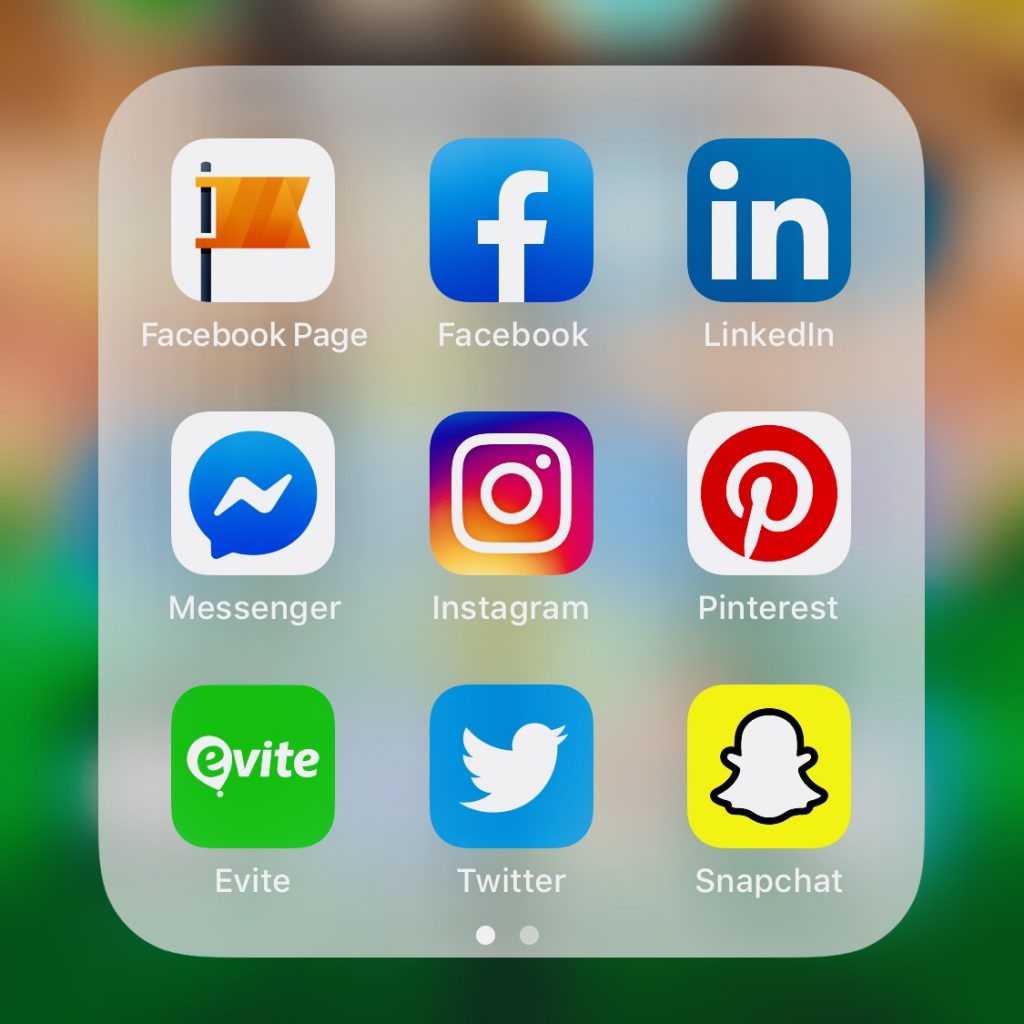
The main thing I’ve learned is that the answer depends. It’s different for different groups of kids. It depends on the child’s vulnerabilities and how they use screen time. I’m going to share what each study said briefly, and you can read more about them if you follow the links to my articles about them on my blog, ShouldStorm at Psychology Today.
Screen Time is not so bad after all.
The first study led researchers to conclude that we all need to stop worrying about screen time so much. They tracked 388 kids and found that on their mental health was the same on the days they used a lot of screen time as it was on the days they didn’t. They also found that when they texted a lot, they were actually happier.
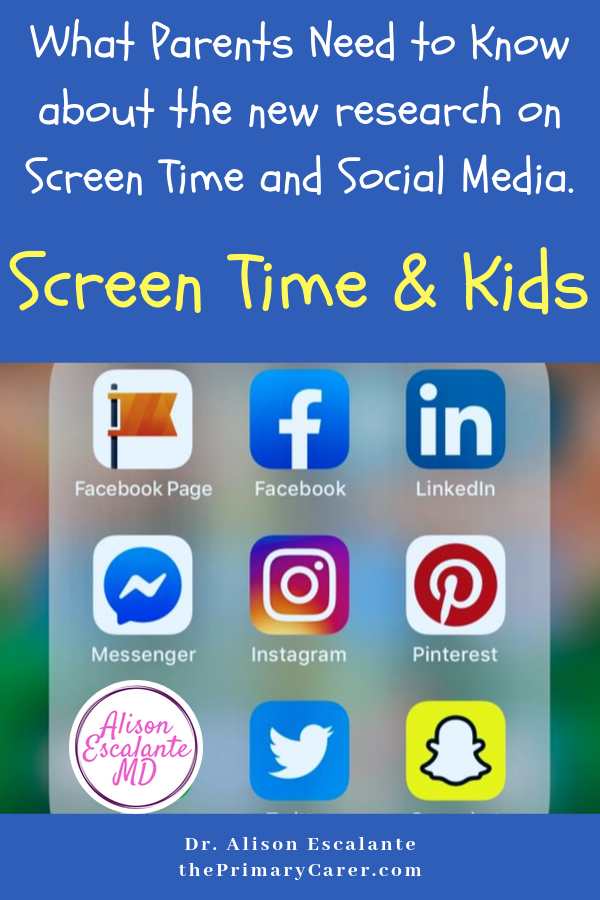
Wait a minute. Social Media is pretty bad for kids.
The second study looked specifically at time spent on social media and decided it was pretty much bad. This study looked at 6595 adolescents and how they were using their time on screens. More time on social media was associated with more suffering on the inside. Even 30 minutes a day increased teens feelings of anxiety, depression, poor self-image, and loneliness.
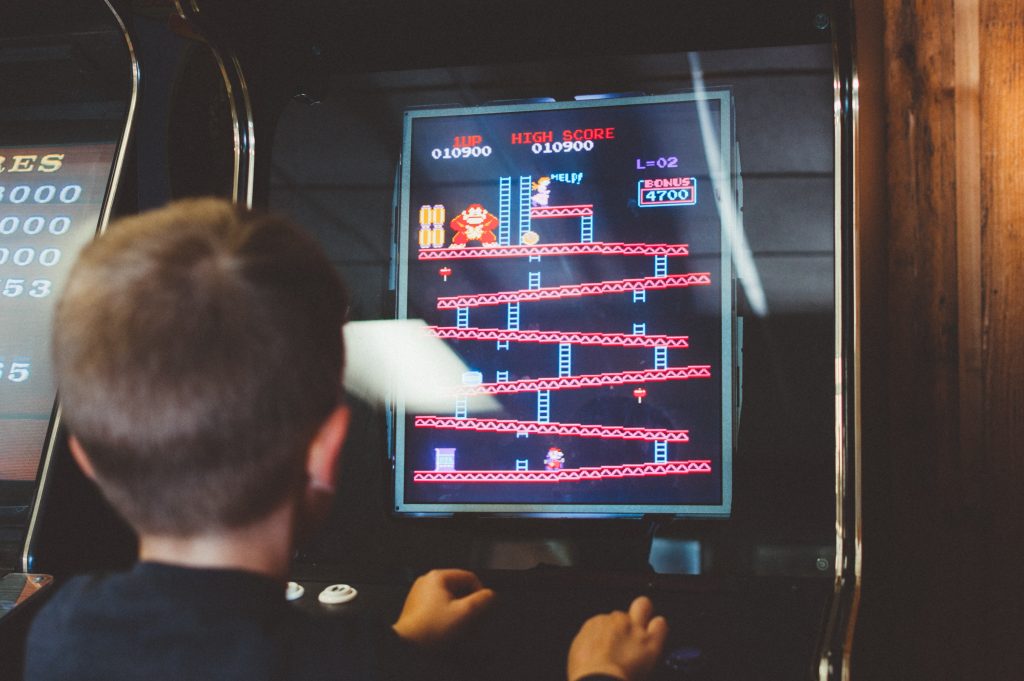
Actually, total screen time use does matter for brain function… and impulsive behaviors.
The third study looked at 4,500 kids aged 8-11 and what recreational screen time did to their behaviors. Specifically, they looked at impulsivity, which is when kids break rules or acting impatiently. The study found that if kids got enough sleep (9-11 hours) and kept screen time to less than 2 hours a day, they tended to behave less impulsively. For example, they were better at finishing their homework or controlling themselves when they were upset.
What can parents conclude?
To be honest, looking at this research left me pretty confused. So kids feel okay if they get however much screen time as they like. As long as they don’t use much social media, which makes them feel terrible. But even though they feel okay, their behavior will be better if screen time is limited to less than 2 hours a day.
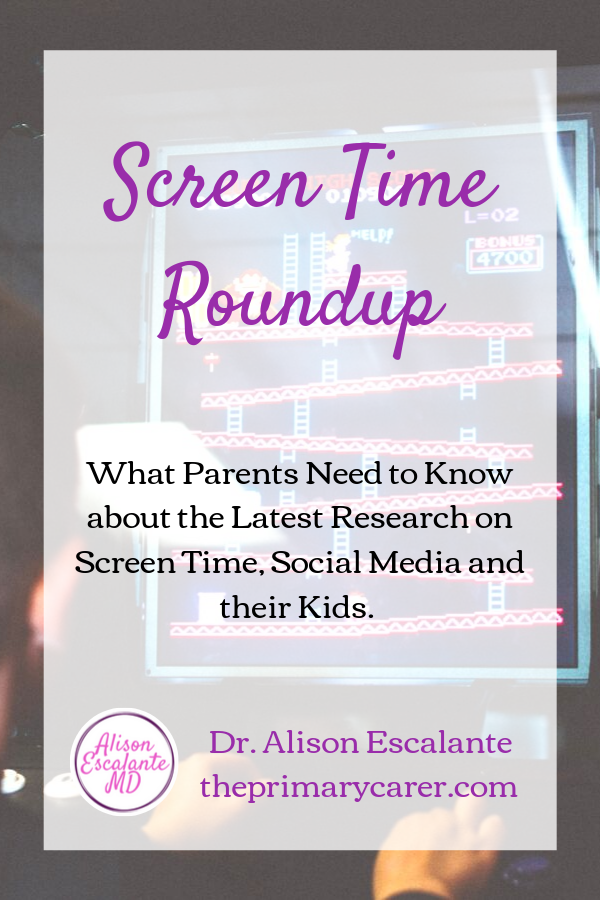
Do you want to know where this put me? Right back where I was at the beginning of writing about these studies. We will continue to limit our kids’ screen time, and put off their introduction to social media while they are in elementary school. How do you feel about this? Please leave your comments below.
Do you have questions for Dr. Alison? She might have answered them in her blog, or in her column for Psychology Today. Or, you can join our community of parents on facebook and explore Should-Free Parenting with us. Learn more about how to really use the 3S method by watching Dr. Alison’s TEDx talk:
©Alison Escalante MD
Disclaimer: This article represents general education and does not constitute medical advice. My ideas are mine alone.
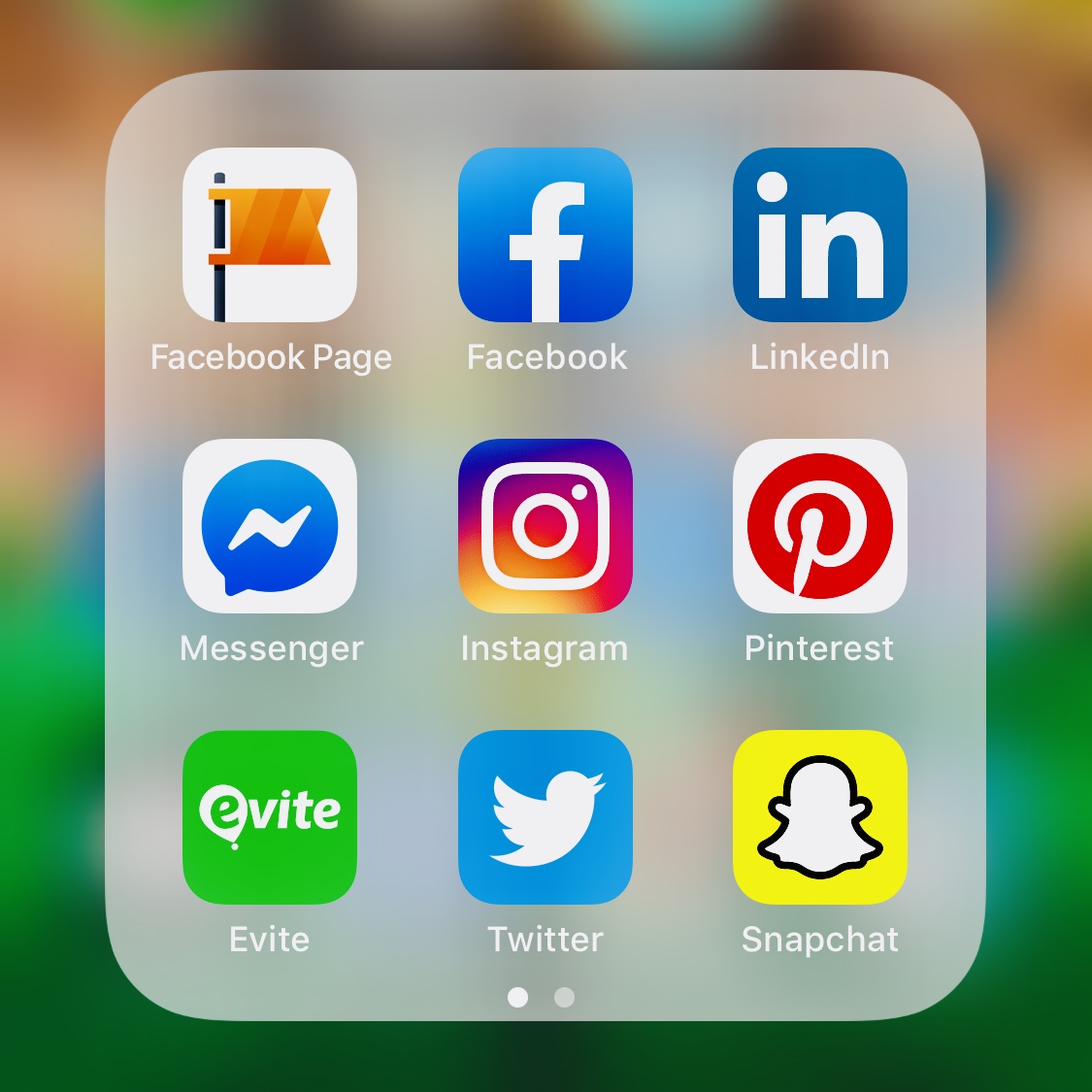

I agree and think in moderation (and supervised) it can be okay.
I really like the idea put forth in a recent study that showed if girls follow role models, they benefit. I wrote about it here (sorry if you don’t want links): https://questforhealthkc.com/2019/11/03/a-way-to-help-girls-navigate-social-media-with-less-drama/